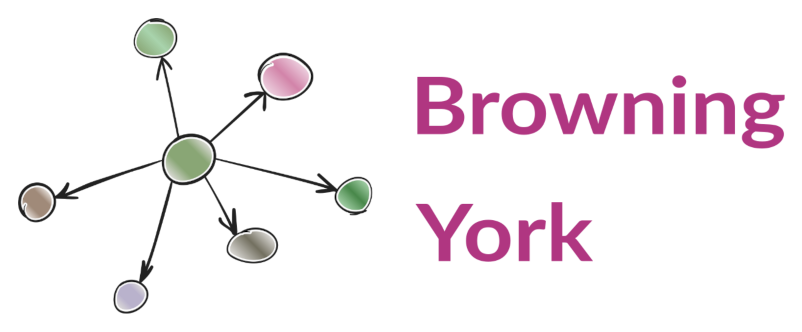 This week is Mental Health Awareness Week. It is fantastic that conversations about this important area of wellbeing are becoming more and more open.
This week is Mental Health Awareness Week. It is fantastic that conversations about this important area of wellbeing are becoming more and more open.
With increasing recognition of the impact of our mental wellbeing on all areas of our lives, our workplace communication has an even greater significance. We would not be able – or expected – to leave a broken leg at the door of our workplace; neither can we ignore mental health issues when we’re at work.
More than that, office corridors are kept clear of clutter to reduce the chances of someone tripping and fracturing their bones; in the same way, our workplaces should be set up in ways that will not cause mental health damage.
For my blog this week, I have gathered together links to articles and resources that can help us to be mentally healthy internal communicators and to support others in our organisation too.
The link between internal comms and mental health
- This 5-minute read article explores the ways in which poor communication can impact on employee stress levels, from overload to suspicion.
- This article draws together a whole lot of statistics from research into the impact of poor communication, for individuals and organisations.
- The Institute of Internal Communication’s #WeMatterAtWork campaign is all about mental health in the workplace. It recognises and celebrates the power of internal communication to transform lives and support those who are struggling. Find out more on the Institute’s campaign website.
How internal communicators can help others
- This interesting article talks about how to make the most of internal communication channels without increasing employees’ stress levels. I was interested to read that the term ‘technostress’ was coined as long ago as 1984. To me it begs the question, why haven’t we done better at avoiding the problem!
- I love this one-page worksheet for encouraging conversations about mental health at work. It’s a handy tool for internal communicators to make sure that we’ve got all bases covered in our approach.
What is it like for us?
Communicators can help others within our organisations to understand the challenges, have the conversations and take actions to keep themselves healthy. But we mustn’t forget to look after ourselves too. Communication roles can be high pressure jobs, so we need to take our own steps as well.
- This piece from CharityComms provides really helpful advice for charity communicators about protecting themselves emotionally whilst supporting their beneficiaries. The ideas still stand, even if you are working for a different type of organisation.
I hope you find these resources useful. I would love to hear about your tips for staying mentally healthy whilst facilitating the power of communication at your organisation.
Until next time
Sarah
